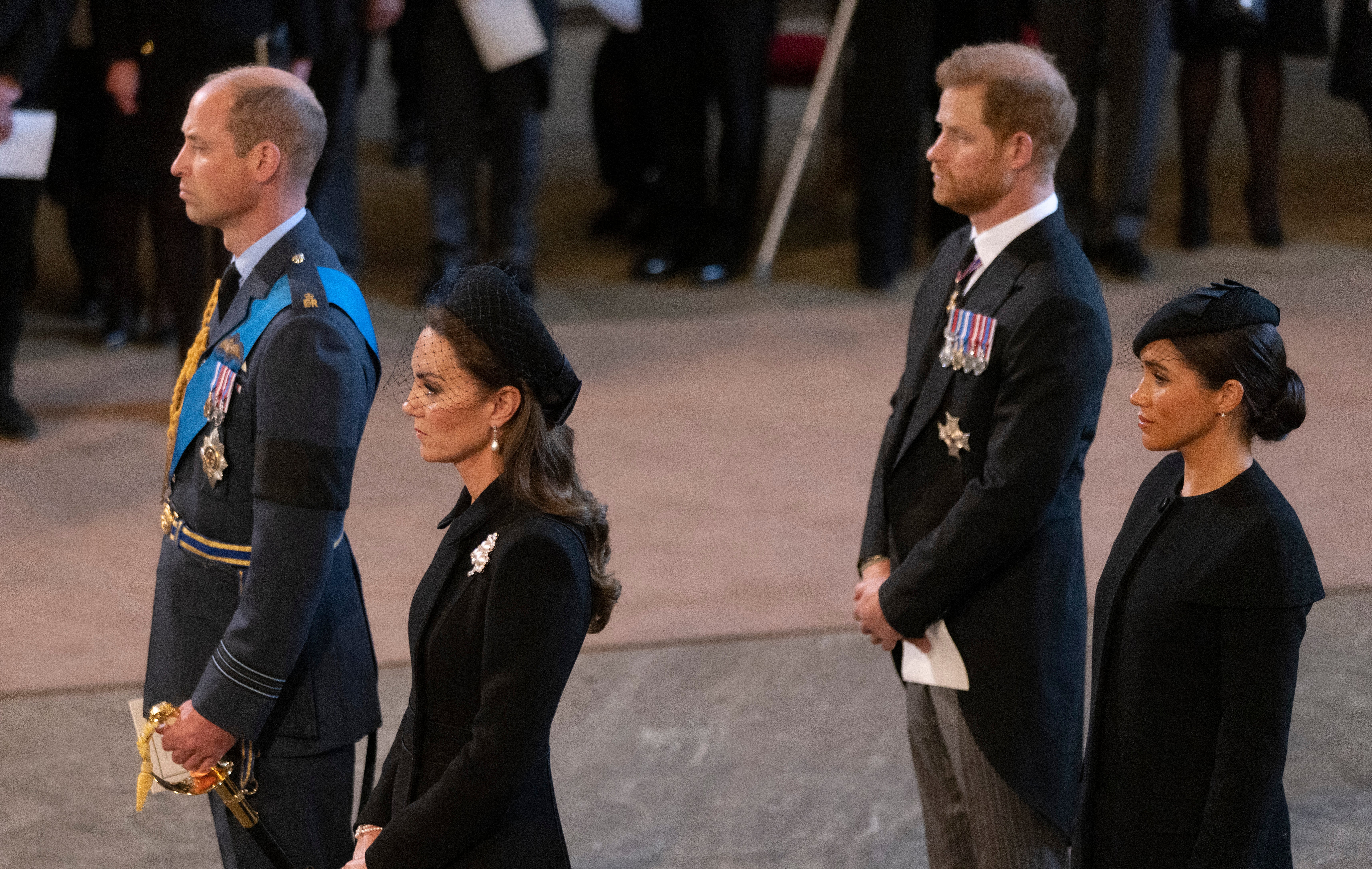Royal experts suggest solution to help family members escape ‘gilded cage’
‘It should be possible for minor royals to opt out,’ say Robert Hazell and Bob Morris
Your support helps us to tell the story
From reproductive rights to climate change to Big Tech, The Independent is on the ground when the story is developing. Whether it's investigating the financials of Elon Musk's pro-Trump PAC or producing our latest documentary, 'The A Word', which shines a light on the American women fighting for reproductive rights, we know how important it is to parse out the facts from the messaging.
At such a critical moment in US history, we need reporters on the ground. Your donation allows us to keep sending journalists to speak to both sides of the story.
The Independent is trusted by Americans across the entire political spectrum. And unlike many other quality news outlets, we choose not to lock Americans out of our reporting and analysis with paywalls. We believe quality journalism should be available to everyone, paid for by those who can afford it.
Your support makes all the difference.A slimmed-down monarchy could help reduce some of the issues experienced within the royal family, two expets have argued in the wake of the Harry and Meghan Netflix documentary.
In the bombshell series, the couple make a series of allegations against the royal family, suggesting major rifts between the Duke of Sussex and his brother, the Duke of Cambridge, in addition to other senior members of the family.
In one episode, Harry claims that his brother “screamed” at him during negotiation talks at Sandringham in 2020, where the family gathered to discuss the Sussex’s potential exit from royal duties.
Now, two constitutional experts have suggested that a smaller monarchy could help resolve some problems raised by Harry and Meghan.
Writing on The Constitution Unit website, Dr Bob Morris and his colleague Professor Robert Hazell of University College London, who appears in the Netflix documentary, argue that the royal family suffered from “constant intrusion of the press into their private lives”.
“They also lack free choice of career; freedom to marry whom they like; freedom of speech; freedom of religion; and freedom to travel,” they write.
“In all European monarchies the heir and others close in the line of succession cannot choose a profession or pursue a business career.
“The harsh reality is that younger sons are spares who are ultimately dispensable from a hereditary monarchy: it is only those in direct line of succession who count.”
The academics add that the British monarchy could learn from other European monarchies that “have learned to keep the core team as small as possible”.
“Greater domestication could have implications for the careers and lifestyles of royal family members,” they suggest.

“Hitherto there would have been siblings and aunts and uncles supporting royal functions in the UK and abroad. In future they could be expected to develop independent careers of their own: like Princess Margaret’s children, although still members of the royal family, they could flourish as private citizens.”
Regarding Harry and Meghan, the authors write that the Netflix documentary gives the impression that “they have been uniquely victimised”.
“The public tend to think that royals lead very privileged lives, in glittering palaces with lots of servants,” they add.
“But in truth it is a gilded cage, and because the benefits monarchy brings to parliamentary democracy can involve a high personal price, it is understandable if sometimes the more junior royals might want to escape.”
This week, the Archbishop of Canterbury also weighed in on the rift between royals.
“I can’t really comment on it because I married them and there’s sort of pastoral confidentiality,” he said of Harry and Meghan on BBC’s Sunday With Laura Kuenssberg programme.
“There’s always a way forward, but it has to be at the right time,” he continued. “And, as a Christian, I live in the belief that forgiveness comes from God through Jesus Christ and that God, particularly at this time of the year, God breaks into the world to open the way to forgiveness through the Christ channel.
“But the way we welcome that opportunity is different for everyone. And there has to be a right time.”




Join our commenting forum
Join thought-provoking conversations, follow other Independent readers and see their replies
Comments